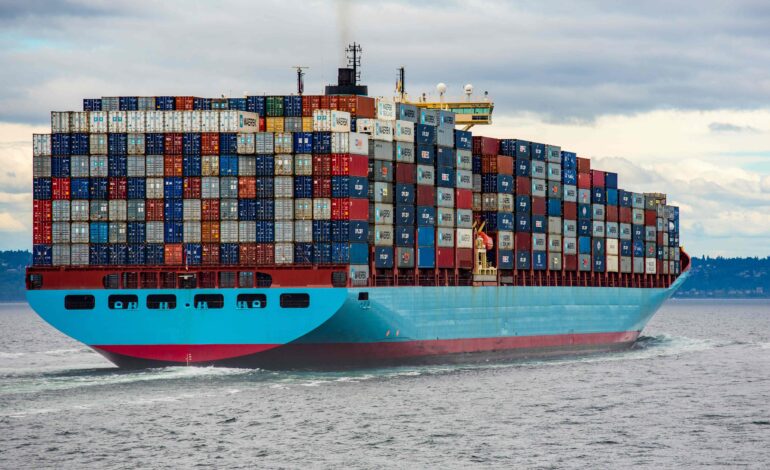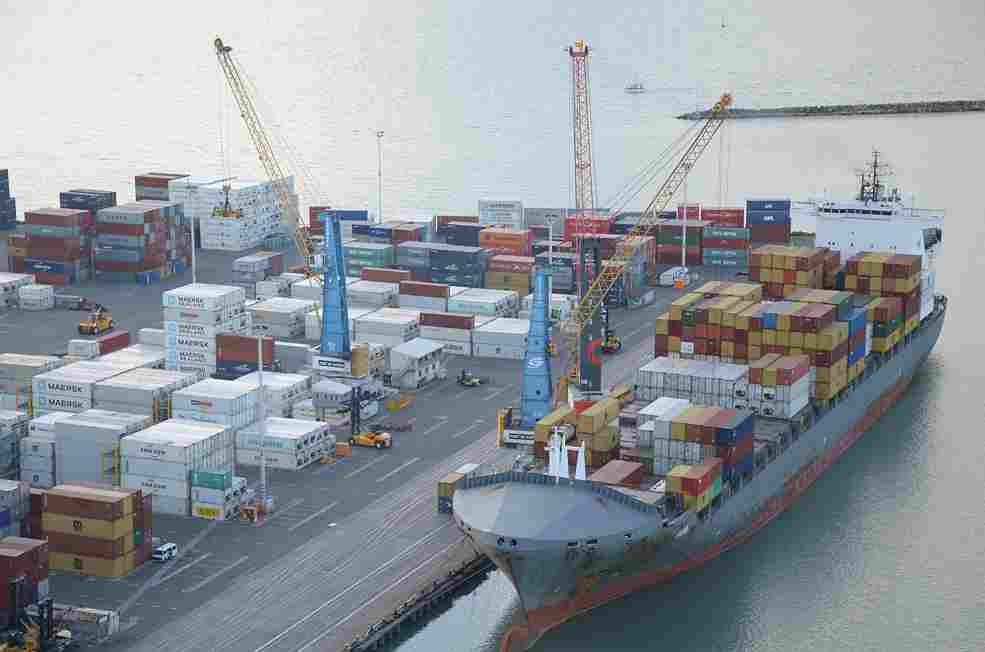
Impact of Fuel Additives on Bunker Fuel Performance
Fuel additives play a crucial role in enhancing the performance of bunker fuels, essential for powering maritime vessels. These additives are specifically formulated to improve efficiency, stability, and compliance with environmental regulations, marking a significant advancement in marine fuel technology. This article delves into the diverse types of fuel additives, their effects on engine functionality, regulatory implications, and the future potential of additive technology in the shipping industry.
Fuel Additives’ Contribution to Bunker Fuels
Bunker fuels, primarily residual fuel oils utilized in maritime shipping, are frequently enriched with additives to optimize their characteristics and functionality:
- Enhanced Combustion Efficiency: Additives like combustion catalysts and octane boosters optimize fuel combustion, resulting in cleaner and more efficient energy conversion within marine engines.
- Improved Stability and Storage: Stabilizers and antioxidants prevent fuel degradation and oxidation, which can lead to sediment formation and storage challenges, ensuring consistent fuel quality during storage and transport.
- Emission Reduction: Additives designed to lower sulfur content, such as desulfurizing agents, assist vessels in complying with stringent emissions regulations such as MARPOL Annex VI, which mandates sulfur emission limits from ships.
Types and Benefits of Fuel Additives
Fuel additives encompass a wide range of compounds tailored to specific performance requirements in maritime applications:
- Enhanced Lubrication: Lubricity improvers reduce friction and wear on engine components, extending engine lifespan and enhancing operational reliability.
- Corrosion Protection: Corrosion inhibitors shield metal surfaces from corrosion caused by contaminants and environmental factors, ensuring continued engine efficiency and durability.
- Cold Weather Performance: Cold flow improvers prevent wax buildup at lower temperatures, ensuring uninterrupted fuel flow and preventing filter blockages in cold climates.
Regulatory Compliance and Environmental Considerations
The use of fuel additives in bunker fuels is subject to stringent regulatory oversight:
- Compliance Requirements: Additives must meet international and national standards for marine fuel quality, emissions control, and safety to ensure environmental protection and regulatory compliance.
- Monitoring and Reporting: Vessels employing additives must adhere to monitoring and reporting protocols to verify compliance with sulfur content limits and emissions regulations, ensuring transparency and accountability.
Industry Applications and Technological Innovations
Innovative advancements in fuel additive technology are shaping the future of maritime fuel efficiency and emissions reduction:
- Nano-Technology: Nano-particle additives enhance fuel combustion efficiency and emissions control, offering potential improvements in fuel performance and environmental sustainability.
- Bio-Based Solutions: Derived from renewable sources, bio-based additives provide sustainable alternatives to conventional chemical additives, reducing environmental impact and promoting sustainability in marine operations.
- Smart Integration: Automated additive dosing and monitoring systems enable precise blending and optimization, improving fuel efficiency and reducing operational costs for shipping companies.
Future Outlook and Challenges
Looking ahead, the future of fuel additives in bunker fuels holds promise amid ongoing challenges:
- Emission Reduction Targets: Additive technologies will play a critical role in helping the shipping industry meet increasingly strict emission reduction targets set by global agreements and regulatory frameworks.
- Technological Integration: Integration of advanced additive technologies with smart shipping initiatives and digitalization trends will enhance real-time monitoring, optimization, and efficiency in maritime operations.
- Public Perception and Safety Concerns: Addressing public concerns about additive safety, environmental impact, and long-term engine performance effects will be crucial for industry acceptance and adoption.
Conclusion
Fuel additives are indispensable tools for optimizing bunker fuel performance, enhancing environmental sustainability, and meeting regulatory requirements in maritime transport. As the industry continues to innovate and evolve, stakeholders must navigate regulatory complexities, foster technological advancements, and address public expectations to maximize the benefits of additive technology. By embracing sustainable practices and advancing fuel additive innovations, the shipping industry can pave the way for a more efficient, cleaner, and environmentally responsible future in marine fuel operations.





